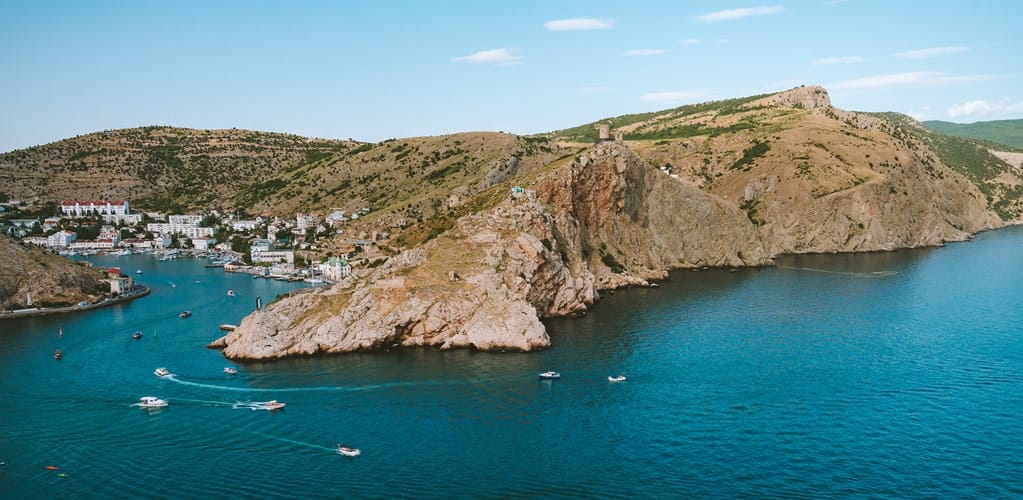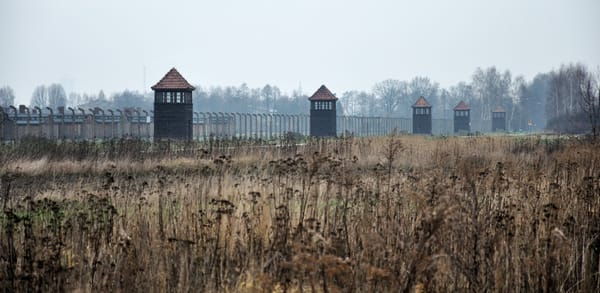Ukraine war: Ten years after Putin annexed Crimea, Russia’s grip on the peninsula looks shaky
Russia’s annexation of Crimea in 2014 hasn’t secured the region as Vladimir Putin hoped. Recent Ukrainian attacks expose vulnerability, leading to losses like the Black Sea fleet. Ukrainian successes challenge Russia’s grip.

Russia’s annexation of Crimea in 2014 hasn’t secured the region as Vladimir Putin hoped. Recent Ukrainian attacks expose vulnerability, leading to losses like the Black Sea fleet. Ukrainian successes challenge Russia’s grip.
I t is ten years since Russia illegally annexed Crimea on March 18 2014. Subsequent efforts to firmly integrate the peninsula into the Russian Federation, however, have been far from the success story that the Kremlin often likes to portray.
In fact, comparing the increasingly shaky grip that Moscow has on the peninsula today with the situation before the annexation would suggest that Russia’s strategic position has actually worsened over the past decade.
The Kerch Bridge between Crimea and Russia opened to much fanfare in 2018 with the Russian President, Vladimir Putin, driving a truck across it. It has become a symbol not only of Russian occupation of Crimea but also of Ukrainian resistance. Spectacular Ukrainian attacks in October 2022 and July 2023 exposed the tenuousness of Russia’s connection to the peninsula.
Not only that, but repeated missile and drone attacks on Russian installations in Crimea and partisan activity in Crimea have further heightened the sense of Russian vulnerability.
Black Sea successes
Most significant of all, Russia’s Black Sea fleet has suffered significant losses over the past two years. As a result of these Ukrainian successes, the Kremlin decided to relocate the Black Sea fleet from Sevastopol to Novorossiysk on the Russian mainland. Compare that with the situation prior to the annexation of Crimea in 2014 when Russia had a secure lease on the naval base of Sevastopol until 2042.
— Since the invasion in February 2022, Russia and Ukraine have battled for supremacy in the Black Sea.
Moreover, the Turkish closure of the Bosphorus and Dardanelles shortly after the start of Moscow’s full-scale invasion of Ukraine in February 2022 means that Russia can no longer freely move warships in and out of the Black Sea. This makes losses, like those of the Black Sea fleet’s flagship cruiser Moskva in April 2022 and recently the patrol boat Sergey Kotov and the amphibian landing ship Caesar Kunikov, even more of a strategic blow to Russian capabilities.
These attacks also have a significant symbolic value for Ukraine and its allies. While the 2023 Ukrainian counteroffensive on the mainland failed to deliver on expectations, Kyiv’s deft deployment of air and sea drones and of longer-range missiles ensured a remarkable change of fortunes in the Black Sea. This was underlined recently when the Kremlin removed its second commander of the Black Sea Fleet since the invasion of Ukraine.
Latest Defence Intelligence update on the situation in Ukraine – 18 February 2024.
— Ministry of Defence 🇬🇧 (@DefenceHQ) February 18, 2024
Find out more about Defence Intelligence's use of language: https://t.co/Q2s6G013UQ #StandWithUkraine 🇺🇦 pic.twitter.com/c6szUh8Fgy
Momentum around Crimea clearly seems to be on Ukraine’s side. Earlier this month, Ukrainian intelligence chief Kyrylo Budanov signalled that a major operation aimed at further loosening Russia’s grip on Crimea was imminent.
Apart from the strategic military and symbolic value of these Ukrainian successes, there is also a clear economic benefit. After Russia’s withdrawal from the Black Sea grain initiative brokered by Turkey and the United Nations, the fact that Moscow lost naval superiority in the Black Sea enabled Kyiv to establish its own shipping corridor.
This now carries key Ukrainian agricultural exports to global markets at levels exceeding those during the period when the grain deal was actually in operation.
Russia nervous
This is overall undeniably good news at a time when there are many grim assessments of Ukraine’s prospects in this illegal Russian war. The renewed and arguably more optimistic focus on Ukraine was also obvious in recent comments by the French president, Emmanuel Macron.
Recognising the strategic importance of the peninsula, including for the security of EU members such as Romania and Bulgaria with their own Black Sea coastlines, Macron insisted that restoring Ukrainian sovereignty over Crimea was essential for lasting peace in the region.
This contrasts sharply with a move by lawmakers in the Duma, Russia’s parliament. Members introduced a draft bill on March 11 that seeks to annul the transfer of Crimea from Russia to Ukraine by former Soviet leader Nikita Krushchev in 1954.
It is not clear what, if any, effect such a law would have on the international legal status of Crimea as part of sovereign Ukrainian territory. But it suggests a degree of nervousness in Moscow regarding its grip on the peninsula.
This does not mean, however, that Russia is in any imminent danger of losing Crimea, let alone of losing the war that it has illegally fought against Ukraine both overtly and covertly for a decade now. The importance of Crimea in this war was established long before the beginning of Moscow’s full-scale invasion in February 2022.
And Putin and his proxies have threatened the use of nuclear weapons on more than one occasion if Russian were in danger of being forced out of Ukraine. These threats may been overblown, but they indicate the level of determination with which Moscow is committed to holding onto Crimea.
Ukrainian efforts have clearly demonstrated, however, that the Kremlin’s, and Putin’s personal, commitment may not be enough to secure Russia’s hold forever. Kyiv’s Western partners would do well to remember that among the spreading gloom over the trajectory of the war.

Sources:
▪ This piece was originally published in The Conversation and re-published in PUBLIC SQUARE UK on 15 March 2024. | The author writes in a personal capacity.
▪ Cover: Unsplash/Nikolay Vorobyev. (Licensed under a Creative Commons Attribution-ShareAlike 4.0 International License.)






[Read our Comments Guidelines]